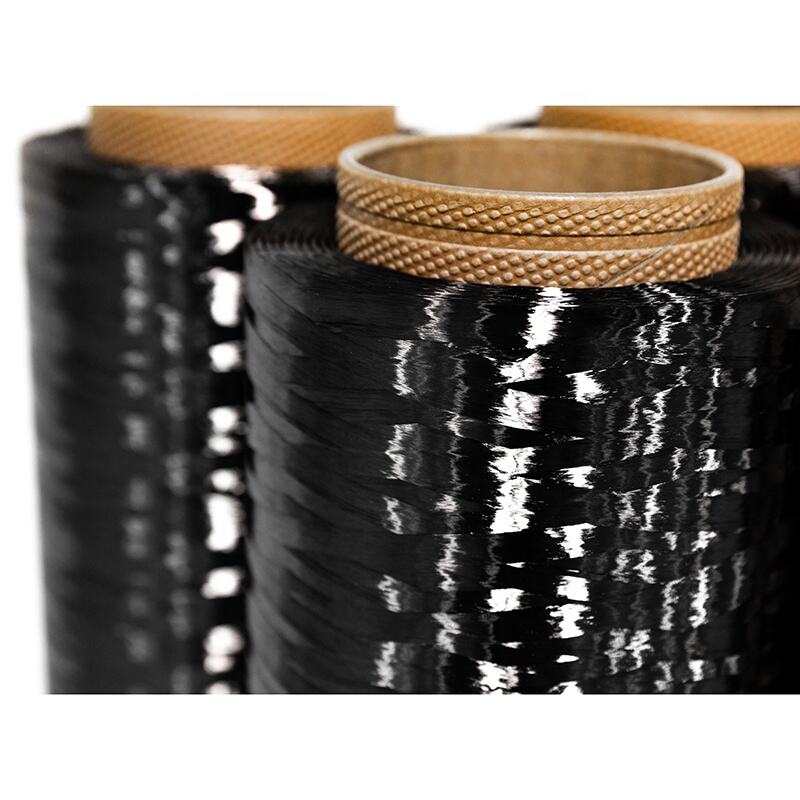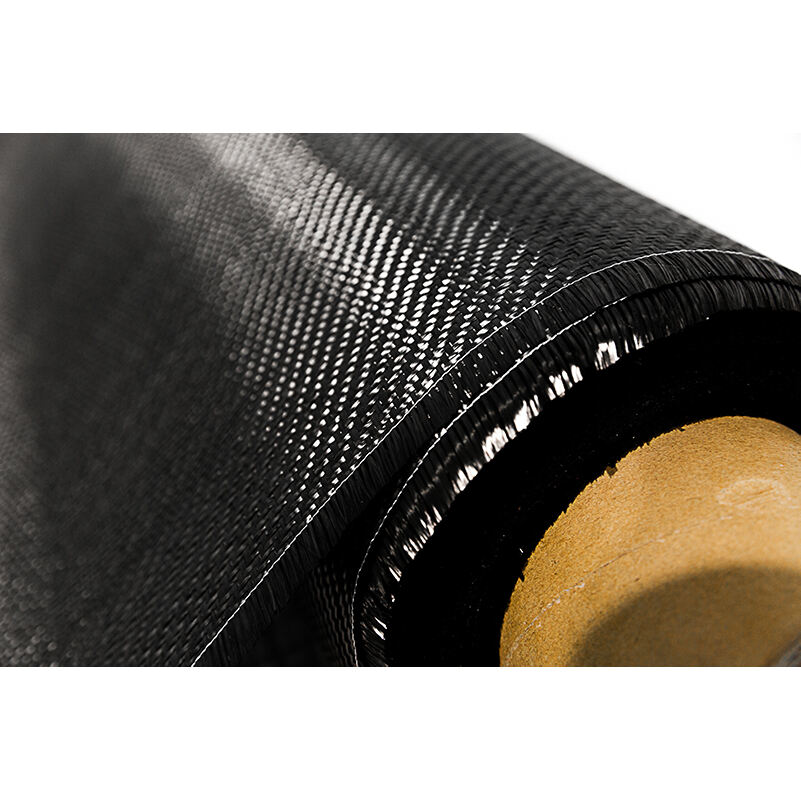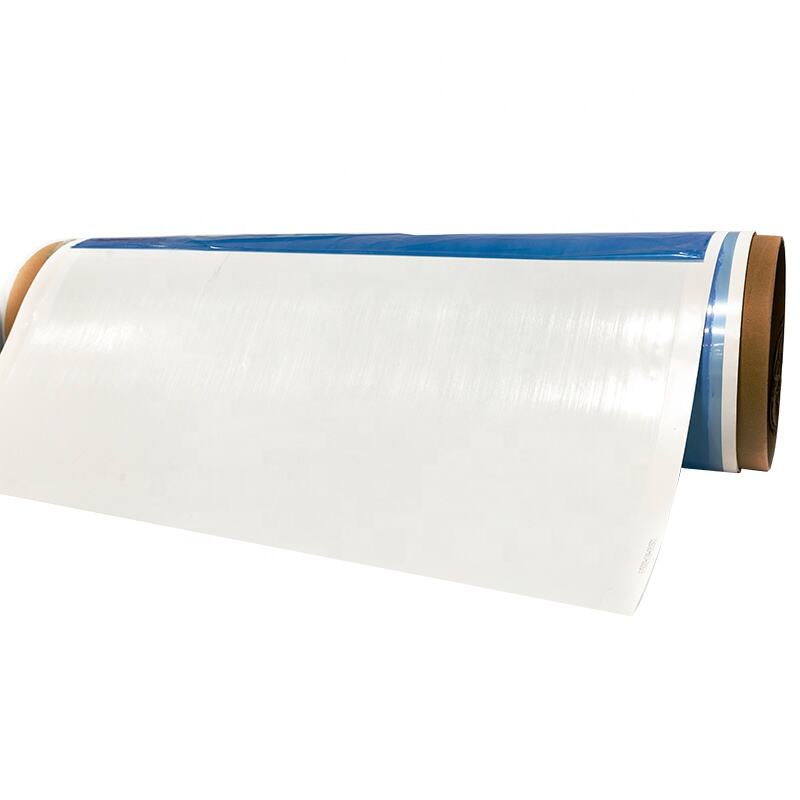12k carbon fiber
12k carbon fiber represents a significant advancement in composite material technology, characterized by its distinctive structure of 12,000 individual carbon filaments bundled into a single tow. This high-density configuration creates an exceptionally strong and lightweight material that has revolutionized various industries. The 12k designation refers to the number of carbon filaments per tow, offering an optimal balance between strength and workability. These fibers are meticulously woven into fabric sheets or incorporated into resin matrices to create robust composite materials. The material exhibits remarkable tensile strength, up to 5 times stronger than steel while maintaining just one-fifth of the weight. Its unique molecular structure allows for superior heat resistance and thermal conductivity, making it ideal for high-performance applications. The material's versatility is demonstrated in its wide range of applications, from aerospace components and automotive parts to sporting goods and industrial equipment. The 12k carbon fiber's ability to be shaped and molded while maintaining its structural integrity makes it particularly valuable in custom applications where specific strength-to-weight ratios are required.


